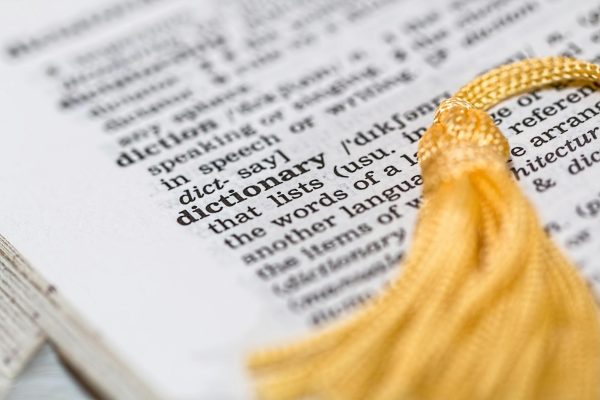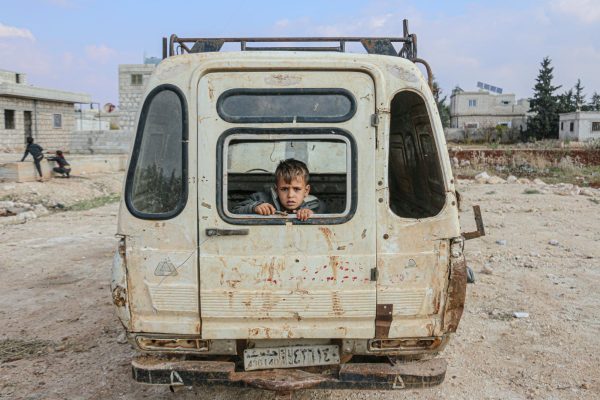An International Response to the Nigerian Kidnapping
A month has passed since more than two-hundred Nigerian schoolgirls were kidnapped by the Islamist extremist group Boko Haram on April 15th, sparking an international response of outrage and urgency.
First Lady Michelle Obama, public figure Malala Yousafzai, and Pope John Francis have spoken on the subject in the social media campaign #BringBackOurGirls, and protesters across the country have expressed their concern that the girls may be killed, sold in to slavery, or married off to fighters. Former Secretary of State Hillary Clinton said of the act, “It’s criminal, it’s an act of terrorism and it really merits the fullest response possible- first and foremost from the government of Nigeria.”

Despite the global solidarity after the incident, Nigerian President Goodluck Johnathan didn’t accept help from the U.S, U.K, and China in the search for the young women until nearly three weeks has passed. Even with international help and a U.S. reconnaissance mission in the region, the search has proven unsuccessful thus far.
Boko Haram released a video on Monday showing nearly a hundred of the young women chanting Quranic verses in gray Islamic veils. In the video, group leaders demanded that jailed fighters be freed before the girls are released. The video has provided hope that some of the girls are still alive but has augmented the urgency that the girls be found and released. Nigerian government official, Mike Omeri, has stated that “all options” are being considered in the search for the girls.
The kidnapping of the schoolgirls is considered a turning point in Nigeria’s war against Islamic extremists. Boko Haram is behind many of the bloody attacks that have plagued Nigerian towns the past years, including kidnappings, school burnings, and destruction of churches.
The sudden outreach of the international and social media community has received backlash from many who believe that the trending #BringBackOurGirls will not incite much change to the terror and turmoil the government and citizens of Nigeria are currently facing. Despite the criticism, the movement has continued to promote awareness world-wide and start a much larger conversation on the rights of women around the world. Most importantly, it has given the schoolgirls a voice in their time of need and their families support in a time of crisis.





